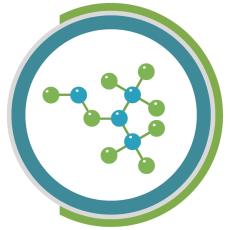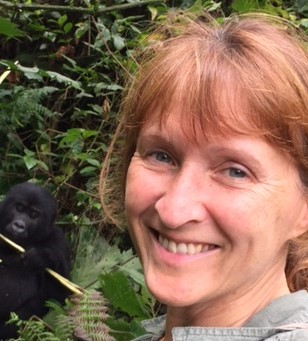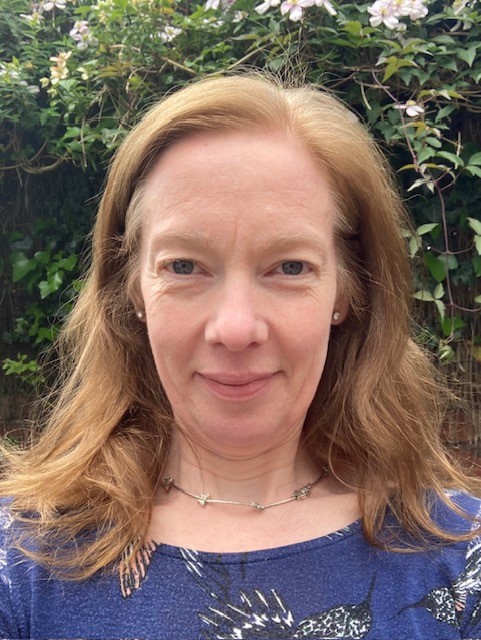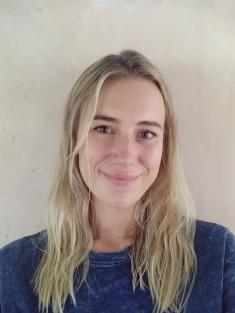
This foundation course offers an overview of the relationship between human health and the climate and ecological crises, with a focus on anaesthetics and the operating department. It demonstrates how the health system is vulnerable to, but also contributes to, climate change and ecological degradation, examines the specific contribution of anaesthetics to carbon emissions and other environmental impacts and explores how to develop a more sustainable approach to the practice of anaesthetics and the operating department, whilst maintaining or improving quality of care.
The course also highlights the leadership role healthcare staff can play in the transformation towards a system that works for all, within planetary boundaries.
This course is endorsed by 
Please select one date:
- Workshop: Thursday 21 November 2024 [13.00-17.00 GMT]
- Self-study period opens: 24 October 2024
- Workshop: Wednesday 23 April 2025 [13.00-17.00 BST]
If you have booked on a course click here for access.
Pricing structure: £100 - £250 + VAT
Learning Objectives
By the end of the course you will be able to:
- Describe the risks the global environmental crisis presents to human health and healthcare systems.
- Describe the contribution of the health sector, particularly anaesthetics, to the global environmental crisis.
- Understand the basic principles of climate literacy.
- Understand how sustainability can help to address existing challenges in the healthcare system.
- Apply the principles of sustainability to anaesthetic services.
- Plan a project to improve the sustainability of healthcare in your workplace.
Course Structure
The course is divided in to three parts
Part I. Self-study online – Opening 4 weeks prior to the workshop this consists of 6 hrs of interactive online materials, presented in bite-sized chunks, covering all course content including background, theory, and case studies, with optional links to further information. Discussion points throughout the module allow you to reflect on your learning and start to get to know fellow participants and their areas of interest and work. At the end of the module, you are invited to sketch out a plan for a sustainability project you might want to undertake, in preparation for the workshop discussions. The self-study module opens 3 weeks before, and remains available to you for 6 months after, the workshop. You can see a table of contents for the self study materials here.
Part II. Live workshop online – based largely around small group discussion this 4-hour virtual workshop, aims to consolidate your understanding of the course materials, build networks with colleagues and help you to translate your learning into implementation of a project in your area of work.
Part III. Mentoring – on completion of parts 1 and 2 you are invited to attend our online Sustainable Healthcare Cafés. The 1-hour cafes occur regularly throughout the year and offer a friendly, informal setting in which to:
- Get inspiration and support for sustainability projects from peers and CSH staff
- Make connections with others interested in sustainability both across and within specialities.
You are welcome to continue attending Cafes as many times as you wish. Upcoming dates are available here and will also be emailed out to you with your certificate of completion after the workshop.
Pricing Structure

Book a course with peace of mind: We realise that healthcare workers may have to change their plans at short notice. If you are unable to attend a workshop, we can offer you a workshop at a later date for no charge. We can also offer a refund as long as you cancel before the course opens for self-study, which is 4 weeks before the workshop. There will be an admin fee of £30 for refunds.
Courses are facilitated by experts drawn from the faculty below:
 Dr Hayley Pinto, Education and Training Lead
Dr Hayley Pinto, Education and Training Lead
Hayley Pinto is a consultant addiction psychiatrist who leads our Net Zero Leadership training and sustainable healthcare courses. Hayley has a degree in psychology and completed general practice training before pursuing a career in psychiatry. She has 30 years’ clinical and teaching experience in the NHS and publicly funded services and is a member of Health for XR, Psych Declares and a speak for Greenpeace UK.
Nuala Hampson, Pharmacy Lead and Senior Educator
Nuala Ham pson is a pharmacist and educator. She sets strategy for sustainable pharmacy initiatives and facilitates the Net Zero Leadership training and sustainable healthcare courses. Nuala has over 20 years’ experience of clinical pharmacy in primary care and over 15 years’ experience in postgraduate pharmacy education. She is a member of Pharmacy Declares, a group of climate-conscious pharmacy professionals in the UK and joint lead of the Greener Primary Care Pharmacy Association. She co-chairs the national Sustainability in Pharmacy Education group.
pson is a pharmacist and educator. She sets strategy for sustainable pharmacy initiatives and facilitates the Net Zero Leadership training and sustainable healthcare courses. Nuala has over 20 years’ experience of clinical pharmacy in primary care and over 15 years’ experience in postgraduate pharmacy education. She is a member of Pharmacy Declares, a group of climate-conscious pharmacy professionals in the UK and joint lead of the Greener Primary Care Pharmacy Association. She co-chairs the national Sustainability in Pharmacy Education group.
 Dr Jason Gandhi, Environmentally Sustainable Anaesthesia Fellow 2021-2
Dr Jason Gandhi, Environmentally Sustainable Anaesthesia Fellow 2021-2
Jason is currently an anaesthetist taking time out of training, currently undertaking this joint fellowship between the CSH, association of Anaesthetists and Newcastle Upon Tyne hospitals. Jason has a particular interest in the way water pollution can affect our health with environmentally unsustainable practises. His work will focus more around the impact of propofol as well as continuing the work on with the volatile anaesthetic gases contribution to climate change.
 Dr. Cathy Lawson, Environmentally Sustainable Anaesthesia Fellow 2019-20
Dr. Cathy Lawson, Environmentally Sustainable Anaesthesia Fellow 2019-20
Cathy is an anaesthetic and intensive care medicine trainee in the North East. Her interest in environmental sustainability took off when she was elected as a member of the Group of Anaesthetists in Training (GAT) committee at the Association of Anaesthetists (AoA). Cathy sat on the AoA Environmental Task group for three years, and through this learnt about how the anaesthetic speciality impacts on the environment and sustainability. In February 2019 she starts the Environmentally Sustainable Anaesthesia Fellowship, co hosted by the AoA and CSH and based at the Newcastle upon Tyne Hospitals NHS Foundation Trust. Possible areas of focus include minimising use of environmentally harmful anaesthetic gases, optimising perioperative pathways and mindful procurement, use and disposal of equipment.
 Dr Becca Elson, Sustainability Fellow in Anaesthetics/ ICU 2022/2023
Dr Becca Elson, Sustainability Fellow in Anaesthetics/ ICU 2022/2023
Becca is the Clinical Sustainability Lead at East Suffolk and North Essex Foundation Trust having been a fellow at CSH from 2022-23. She is passionate about delivering more sustainable healthcare to improve the long-term health of patients and the planet. She has a particular interest in the carbon footprint of anaesthesia and how we can improve our practice in theatres and ICU to minimise healthcare’s impact on the environment.


